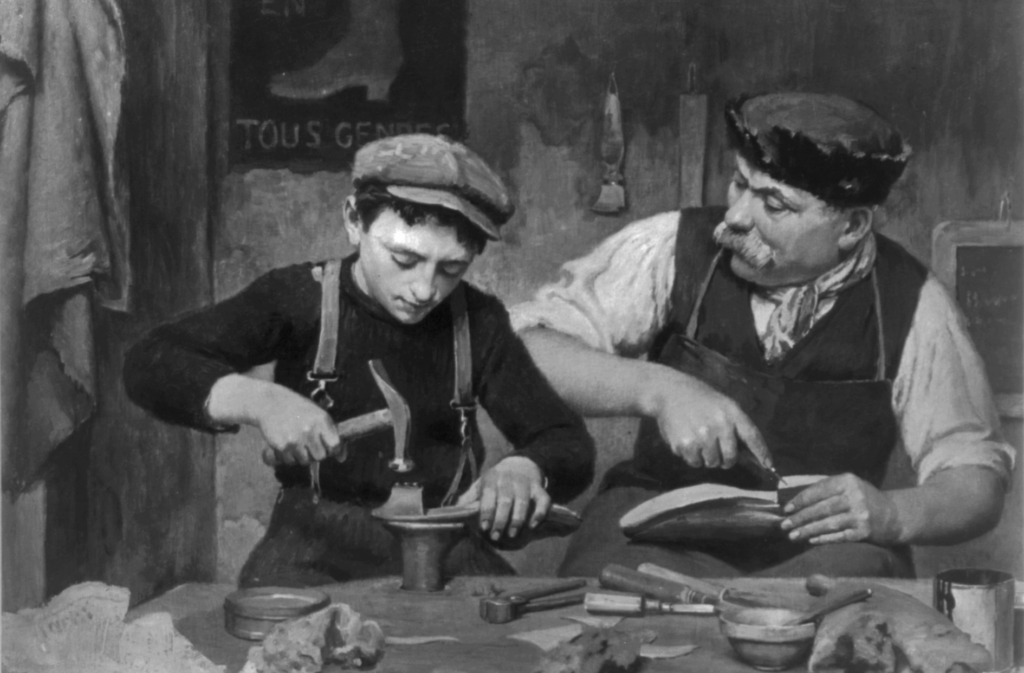When I was a Cub Scout, I remember one camping trip where my compass betrayed me. The pin inside was slightly bent, just enough to shift the needle a few degrees to the west. It didn’t seem like much at first. The needle still moved, the dial still pointed north, or so I thought. My friends and I followed it faithfully through the woods, chatting, laughing, sure we were on track. Hours later, we realised we were nowhere near our destination. We hadn’t noticed the drift as it happened; we just walked on, a little more off course with every step.
That minor, unseen fault in the compass taught me something I didn’t understand then but see clearly now: even the slightest misalignment, if left unchecked, can lead us far from where we were meant to be.
It is hard to deny that the church’s moral compass seems to have drifted. The question is not whether the world around us has changed, but whether we, as God’s people, have allowed our compass to shift with it. More and more, the needle appears to point toward the pull of popular opinion rather than the holiness of God. If we are honest, the simple answer is yes, the compass has started to lean toward majority rule rather than divine truth. When the church begins to use culture as its true north, the direction of travel is always the same: confusion, compromise, and eventually collapse. The words of Jesus in Matthew 7:13–14 remind us that the broad road is wide and easy, but it leads to destruction. Culture loves the broad road. It celebrates inclusion without repentance, affirmation without transformation, and tolerance without truth. Yet discipleship was never meant to be a popularity contest.
One danger of letting culture become our north is that it changes constantly. What is celebrated today is condemned tomorrow. Morality shifts with the crowd’s mood, and conviction is traded for convenience. But Scripture says, “Jesus Christ is the same yesterday, today and forever” (Hebrews 13:8). If our compass is fixed on him, we walk a steady course. If it is fixed on culture, we are tossed like a ship without an anchor.
A second issue is that culture often centres on ‘self’. It tells us to follow our hearts and to “live our truth”. Yet the heart, as Jeremiah says, “is deceitful above all things” (Jeremiah 17:9). When self becomes the standard, holiness becomes optional. Jesus, by contrast, calls us to deny ourselves, take up our cross, and follow him. To make culture our north is to make the self sovereign; to make Jesus our north is to make him Lord. Culture’s morality depends on performance and approval. It measures worth by success, visibility, and affirmation. But the gospel teaches a different compass altogether: our worth is not earned but given, grounded in the love of God revealed in Christ. The church must rediscover this truth, or it risks losing not only its direction but also its witness.
So how do we make Jesus our true north again?
First, we must return to Scripture as the standard for truth. The Word of God is not an optional reference point; it is the map itself. When Jesus was tempted in the wilderness, his every response began with, “It is written”. He modelled a life aligned to God’s Word, not to personal opinion or public voice.
Second, we must cultivate holiness over popularity. Holiness is not isolation from the world but alignment with the character of Christ. It is what Peter meant when he wrote, “Be holy, for I am holy” (1 Peter 1:16). The more closely we walk with Jesus, the clearer our moral direction becomes. Making Jesus our north means surrender. It is the daily act of recalibrating our hearts through prayer, repentance, and obedience. Compasses only point true when they are free from interference. The same is true of our souls. Pride, fear, and distraction distort our bearings, but a surrendered heart always points to Christ.
In an age where every voice claims to know the way, discipleship demands that we keep our eyes fixed on Jesus. He is not one option among many; he is the compass itself. When our lives, our churches, and our choices revolve around him, we walk in light, not in shadow. For where Christ is our north, the path, though narrow, always leads home.





